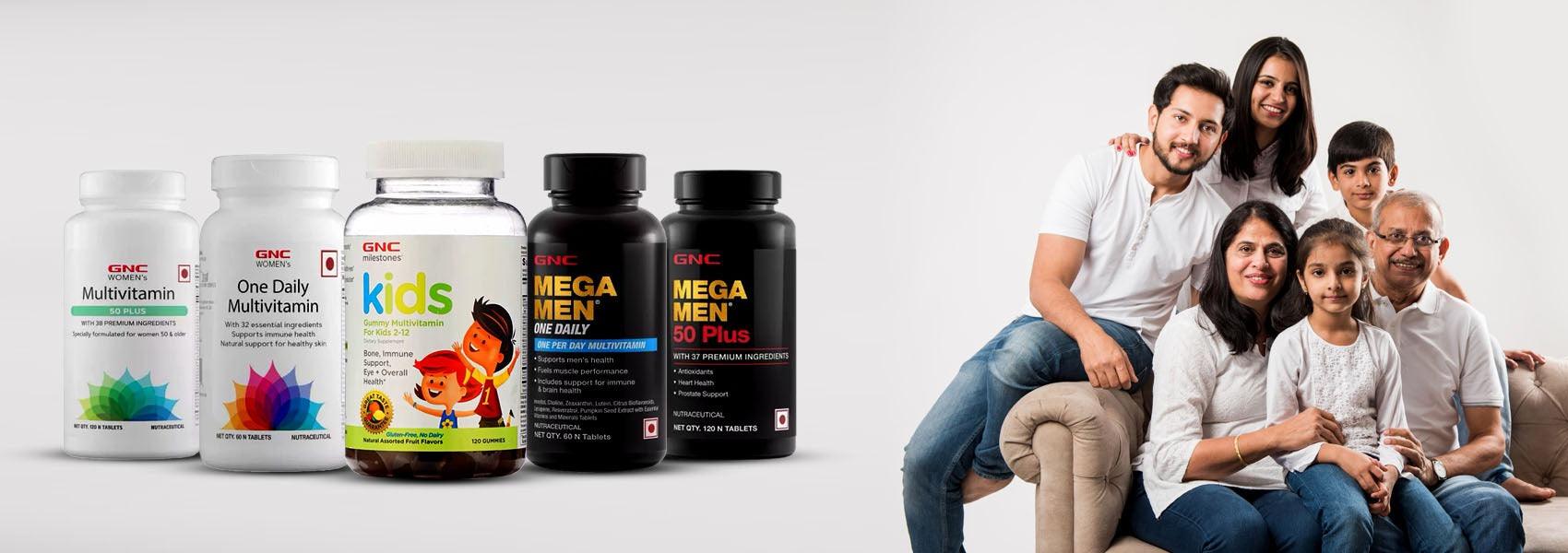We are all living in unprecedented times. We are not sure what course the pandemic will take in the future but we do know that taking care of our hearts right now is more important than ever.
Did you know? Currently, heart diseases are responsible for 1 in 4 deaths in India
Heart disease has many causes including smoking, unhealthy eating habits, no physical activity, air pollution, obesity, and so on. In the time of COVID-19, people suffering from heart disease are facing an ambiguous threat. Coronavirus affects the respiratory system, mainly the lungs. But it can also affect the heart especially the one that has been already struggling to get oxygenated blood through the body. Hence, heart patients need to take additional precautions.
While they are at a higher risk of getting severely infected by the coronavirus, it is also challenging for them to seek care for their heart ailments.
Let’s take a road toward a healthy heart and #UseHeart to gain knowledge to understand what can help our heart.
Following the correct diet and exercise routine for heart health is essential. But if a person continuously ignores their health and keeps following an unhealthy lifestyle, they’ll be faced with an increased risk of developing health problems such as obesity, high cholesterol, high blood pressure, type 2 diabetes, etc. These are called lifestyle disorders and can cause the onset of multiple heart diseases and also increase the risk of heart attack or stroke.
I read in one of the research papers, an interesting quote which said: “fish oil a day, keeps the cardiologist away!” And I am rather convinced with this statement. Let me tell you why!
The beneficial effects of omega-3-fatty acids (EPA+DHA) sourced from fish oils on heart health have been extensively studied in the last two decades, and continue to show great promise in the primary and secondary prevention of cardiovascular diseases.
Fish oils are the only source high in EPA and DHA, which can help you protect from heart diseases. But, how can a person know how much EPA and DHA he requires?
According to the American Heart Association, one needs to have a minimum of 3 servings of fatty fish or about 500mg of EPA and DHA daily. As per ICMR, one needs to consume a minimum of 250mg/d to 2g/d to experience the benefits. Alternatively, if fish is not a part of your normal diet, then you should take a fish oil supplement daily that contains at least 900 mg of EPA and DHA. Each serving of the GNC Triple Strength Fish Oil provides 1500mg of omega-3 fatty acids, which include 900 mg of EPA and DHA.
Although a daily requirement was known, it was also important to understand, how much omega-3 fatty acids (EPA+DHA) are getting absorbed in your body and thus, in 2004, an interesting way of measuring your blood levels EPA+DHA was introduced. It is known as the Omega-3 Index. It was being studied and was later used as a risk factor for cardiac disease. Lower intakes of EPA and DHA were associated with lower omega-3 index and vice versa.
This World Heart Day, let’s take a road to a healthy heart and understand the important concept – Omega 3 index and how fish oil can help improve!
What is the Omega-3 Index?
Omega-3 Index is considered to be a nutritional tool to provide feedback on an individual’s omega-3 status.
In 2004, EPA + DHA in erythrocyte fatty acids was defined as the Omega-3 Index and was suggested as a risk factor for sudden cardiac death.
Focus on the number 8
It has been studied that an Omega-3 Index in the range of 8%-12% is an indicator of better overall health.
Individual differences in metabolism, smoking habits, and other dietary variables affect each person’s Omega-3 Index. Studies show that levels of the Omega-3 Index are achieved 4-6 months after increasing the omega-3 intake.
An omega-3 index of 8 – 10% is considered to be the safe range, with the lowest risk for death from CHD, while an index of 4% indicates high risk.
This is also based on studies reporting that people with a higher Omega-3 Index are at a decreased risk for heart disease, loss of cognitive function, bipolar disorder, ADHD, depression, and age-related macular degeneration. More importantly, people with higher levels live longer than those with lower levels.
A dose-response study was done with 57 healthy volunteers who were divided into 4 groups. These groups were given omega-3 capsules varied from 0.5gm/d, 1g/d, and 2g/d for 5 months. The researchers observed significant improvement in the omega-3 index, nearly reaching the desired level even with the lowest 0.5gm/d of EPA and DHA. Subjects with an Omega-3 Index of 8.9% were at a 70% lower risk for fatal heart disease than those with an index of 6.9%.

References: Harris.et. al (2004) The Omega-3 Index: a new risk factor for death from coronary heart disease? Preventive Medicine 39 (2004) 212– 220.
The Omega-3 Index may therefore represent a novel, physiologically relevant, way to make you understand the health of your heart.
How Fish Oil Supplements Can Help Improve Omega-3 Fatty Acids?
Omega-3 is an essential fatty acid, which a human needs, but which their body cannot synthesize. Vegetarian diets are usually high in Omega 6, and the ratio of Omega 3:6 is important. The most common way of getting Omega 3 is from oily fish, which is naturally not suitable for a vegetarian diet. It is also found in linseed (flaxseed), chia seeds, walnuts, and pumpkin seeds, but the conversion rate to its active compound is minimal. Even fish eaters are not able to meet their RDA as Indians do not consume fish on a regular basis.
Fish oil supplements are the safest and surest source of getting essential omega – 3 fatty acids. They are designed to help meet your daily recommended nutrient intake.
Fish oil supplements are shown to improve our Omega-3 Index. An improvement in the Omega-3 index has shown to reduce the risk of heart disease.
A high dosage of fish oil supplements can also help reduce triglycerides and blood pressure.
How to Select Right Fish Oil Supplements?
The market is flooded with various kinds of supplements. If you consider buying fish oil supplements, look out for these 4 things before making the purchase.
-
Purity:
Supplements should be free from all the heavy metals like mercury or lead. -
Potency:
Look for the type of omega-3 fatty acids the supplement offers. It affects how nutrition is absorbed and incorporated into the tissues. EPA and DHA are best absorbed. -
Taste:
Capsules should not give those bad fishy burps. Always go for enteric-coated capsules. This way, capsules directly burst inside your digestive system. -
Quality:
Ensure only the best quality ingredients derived from the wild, deep ocean.
#UseHeart to select the right fish oil supplement for your heart.
OFF
OFF
OFF
OFF
OFF
OFF











